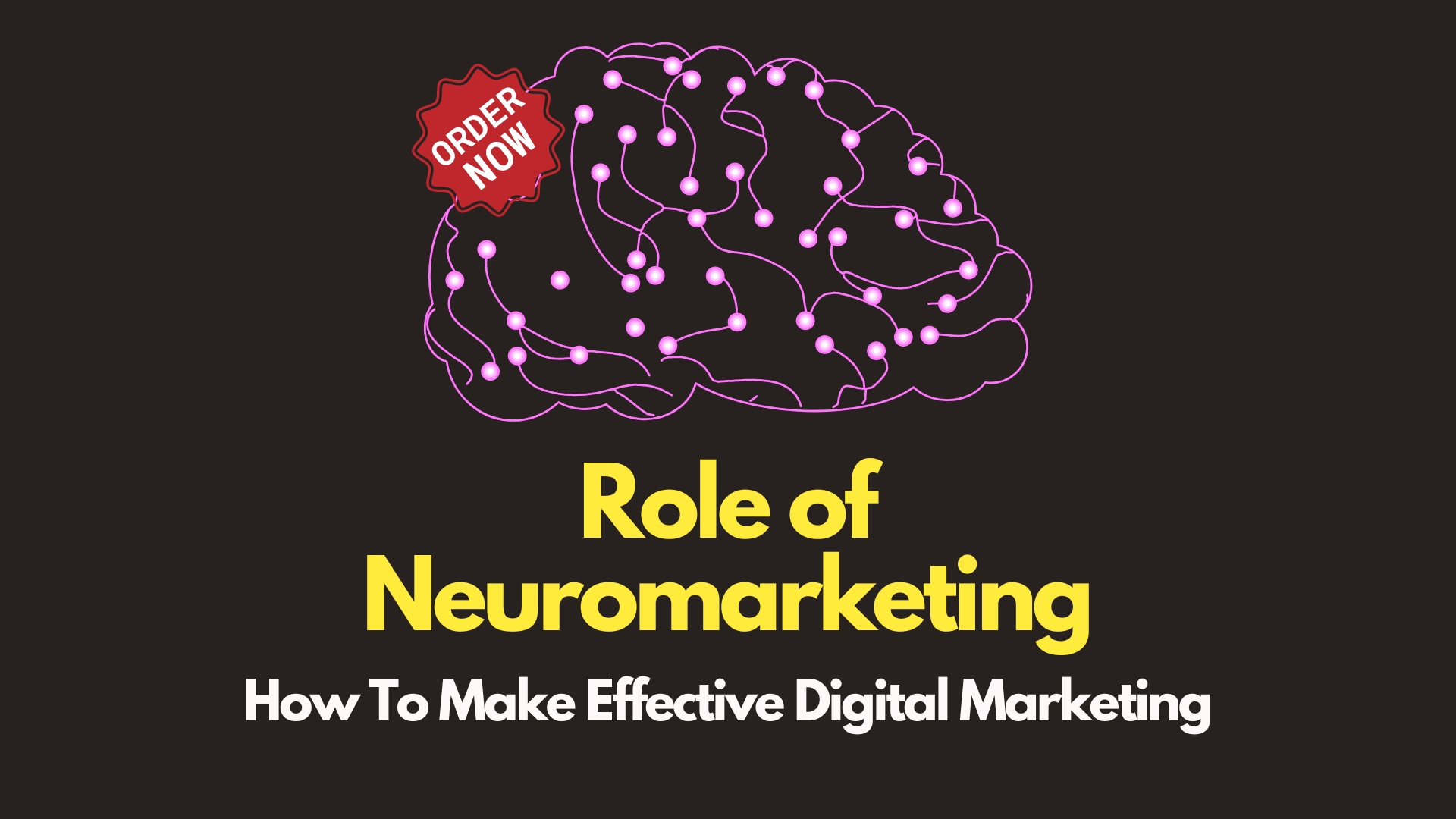Published
- 3 min read
Neuromarketing: Unveiling Consumer Desires

Key Takeaways:
- Neuromarketing leverages neuroscience to understand consumer behavior at the neural level.
- Techniques like EEG have been developed to predict consumer preferences with high accuracy.
- Ethical concerns and the effectiveness of neuromarketing strategies are discussed.
- Neuromarketing can influence consumer decisions and enhance marketing strategies.
Neuromarketing is a revolutionary field that combines neuroscience with marketing to delve into the depths of consumer behavior. It’s a tool that’s reshaping the way businesses understand and influence their customers. In this article, we’ll explore how neuromarketing is used to decode consumer preferences and behaviors, providing a window into the subconscious mind of the shopper.
The Science Behind Neuromarketing
At the heart of neuromarketing is the use of advanced technology to monitor brain activity. One of the most common tools is the electroencephalogram (EEG), which records the electrical activity of the brain. Through EEG, marketers can observe how consumers react to advertisements, brands, and products on a subconscious level. This data is invaluable in understanding what drives consumer decisions, often revealing insights that traditional marketing methods cannot.
Unlocking the Consumer’s Mind
Neuromarketing provides fresh perspectives and potent methods for marketing research. By analyzing neurological responses, marketers can understand the cognitive decision-making system of consumers at a neural level. This approach helps to identify what captures attention, triggers emotions, and ultimately, what influences purchasing decisions.
The Role of EEG in Neuromarketing
EEG-based preference classification is a neuromarketing application that has shown promising results. With an accuracy rate of up to 75.7%, these predictive models can classify consumer preferences based on EEG data. This technique has the potential to revolutionize marketing strategies by providing unbiased insights into consumer behavior.
Ethical Considerations and Challenges
Neuromarketing does raise ethical questions, particularly regarding consumer privacy and the manipulation of choices. The capacity to influence consumer decisions through digital network advertising poses risks that are still being addressed by researchers. Ensuring that neuromarketing practices are ethical and respectful of consumer autonomy is paramount.
Enhancing Marketing Strategies with Neuromarketing
Neuromarketing techniques can significantly enhance marketing strategies. By understanding the emotional reactions of consumers to marketing stimuli, businesses can tailor their approaches to better meet the needs and preferences of their target audience.
The Impact of Neuromarketing on Consumer Psychology
In the realm of digitally connected networks, neuromarketing has a profound impact on consumer psychology. It can manipulate consumer choices through targeted advertising, making marketing efforts more effective and efficient.
Conclusion
Neuromarketing is a powerful tool that offers a deeper understanding of consumer behavior. By leveraging neuroscience, businesses can create marketing strategies that resonate more deeply with consumers. As technology advances and ethical practices are established, the potential for neuromarketing to transform the business landscape is immense.